Making sure you’re breeding dogs in an ethical way
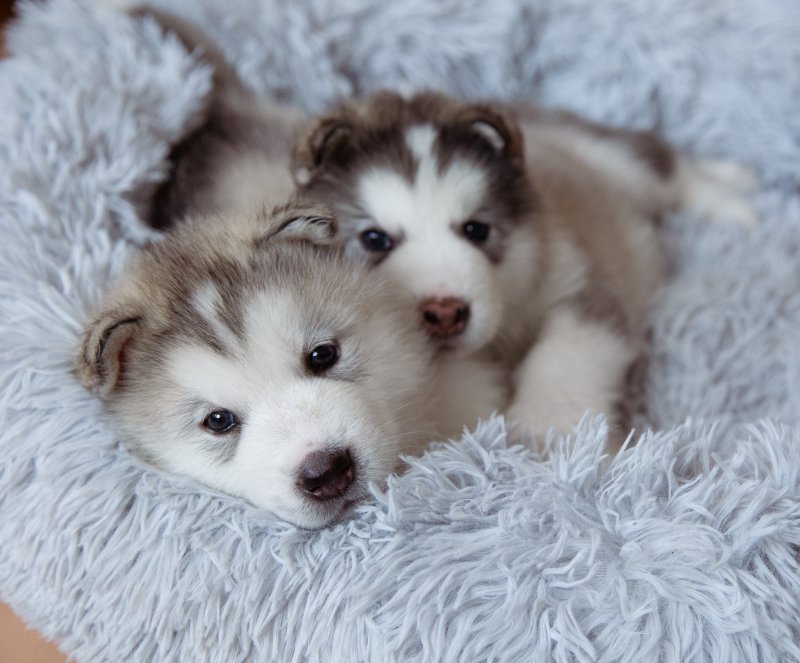 The idea of looking after adorable, cuddly puppies sounds wonderful. In reality, it’s a lot of work. You have a huge responsibility as you’re bringing lives into the world, so it's not a decision to make lightly.
The idea of looking after adorable, cuddly puppies sounds wonderful. In reality, it’s a lot of work. You have a huge responsibility as you’re bringing lives into the world, so it's not a decision to make lightly.
There’s a lot to do and make sure you get right before you even see your first litter. If you speak to any ethical and responsible dog breeder, they’ll tell you it’s a lot of work to make sure you’re giving each puppy the best chance possible of a good life.
It’s an animal’s right to make sure they’re born and bred in good welfare conditions. That they’re given the time and care to become well-socialised happy dogs.
Why do you want to breed?
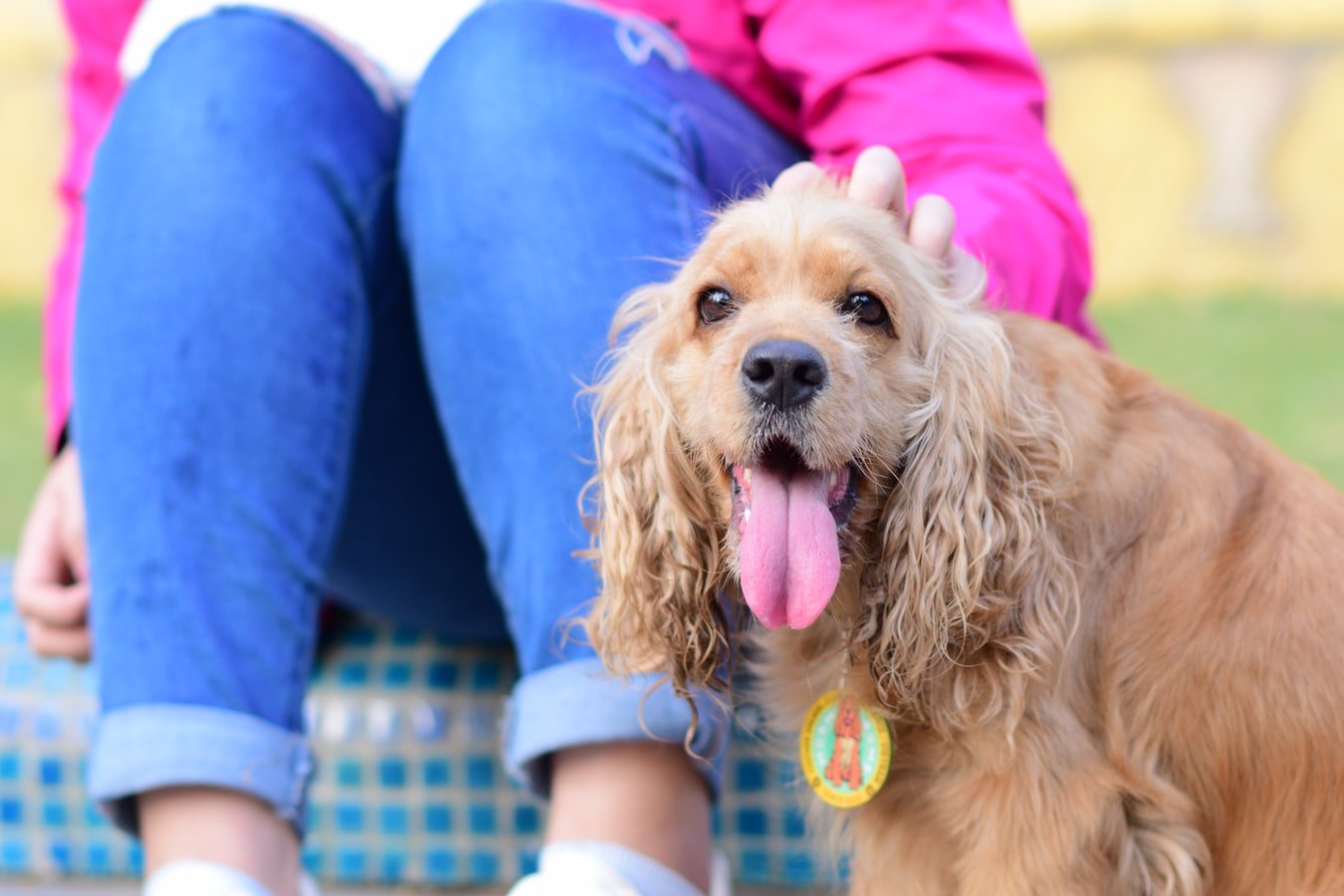 Yes, the idea of looking after puppies is probably any dog lover’s dream job.
Yes, the idea of looking after puppies is probably any dog lover’s dream job.
But you need to be in it for more than just that. You need to figure out what is motivating you to become a licensed dog breeder. Are you looking to improve your chosen breed long-term?
Maybe your interests are more aligned with certain aspects of dog breeding. For example, breeding award-winning show-stealing dogs, or looking at breeding better working dogs.
Regardless of what motivates you, it’s important that you come into this wanting to better the dog world. Whether your goal is large or small, you're hoping to positively impact the world of dog breeding.
Helpful puppy selling guides
Choosing the dog breed
It’s important to make sure that you’re comfortable with the dog breed you’ve selected. Your home, lifestyle and dog-owning experience should match the breed. For example, if you’re an inexperienced dog owner with a small family home and a small garden space you shouldn’t look at a large demanding dog breed.
Knowing more about the dog breed will also help you choose the right forever homes for your puppies. You’ll be able to quickly tell if a potential dog buyer is the right fit or not.
Read our dog breed guides for more information.
Making sure you’ve got the ideal mate pairing
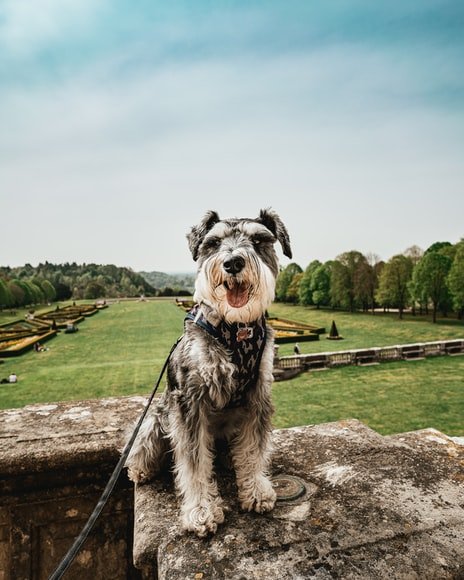 So you know which dog breed you’ve chosen. You know why you’ve decided to become a licensed dog breeder. Now what?
So you know which dog breed you’ve chosen. You know why you’ve decided to become a licensed dog breeder. Now what?
The next key thing to consider is finding the right pair to mate. Although you’ll naturally see individual doggy differences in your litter of puppies. You’ll see that things like health issues and temperaments will pass down from the breeding pair.
So, it’s imperative to make sure that both mother and stud are thoroughly tested. This is true of both genetic tendencies and temperaments. Make sure that each dog brings something that complements the other.
Having a successful and healthy breeding pair will help set your puppies up for a good life.
Health testing your breeding dogs
You want to make sure that when your puppies are born that they’re given the best chance of being healthy. Genetic health testing is a great way to do this.
A health test on a dog is usually a much more thorough investigation than a vet check-over. It looks at a range of different things such as DNA tests and eye and hearing tests.
The exact health tests you’ll need to carry out will vary by dog breed. If you're not sure about what's recommended, it's a good idea to ask your breed club.
Health test results finder for dogs registered with The Kennel Club
Dog breed conformation
If you’re new to the world of dog breeding, you might not understand what conformation refers to. Essentially it’s the world used to describe the size, shape, and build of a dog and whether they're a fitting example of your chosen dog breed.
It will be part of your health testing, where they compare the dog to its breed standard. It’s an important aspect as even a small difference can cause big consequences. For example, shorter legs than the standard dog breed guide could even result in limb or joint pain.
Read more about Kennel Club dog breed standards
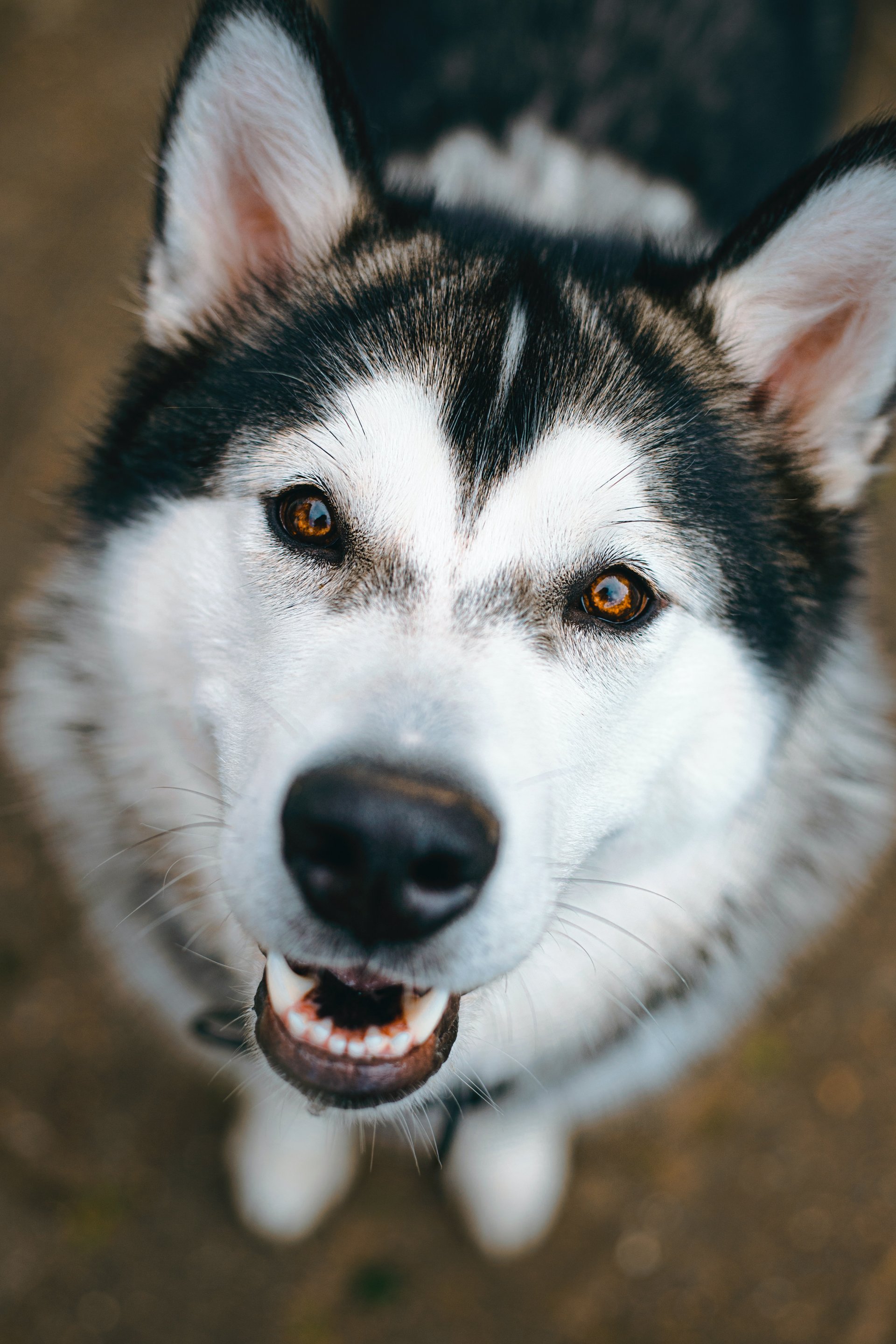 Testing the dog’s temperaments
Testing the dog’s temperaments
The temperament of the breeding pair will likely filter down to the puppies as well as other genetic factors. So, it’s critical to make sure the stud and mother’s temperaments fit what you’d expect for the breed.
For example, you’d expect an Alaskan Malamute pair to display assertive and strong behaviour. Wanting to become ‘Alphas’ in their own right. It would be strange to see a nervous, scared Malamute in this instance.
But a mother displaying this behaviour would mean her puppies were far more likely to display nervous behaviour. This behaviour could lead to a buyer getting a dog that doesn't suit their needs or lifestyle and might even result in the dog needing to be rehomed.
Raising the puppies the right way
Congratulations! You have made responsible and ethical decisions, so you now have a healthy litter of puppies. But you’ve still got a long way to go to make sure you do right by those puppies.
Once they’re born, you need to make sure their needs are met. From providing a healthy food source to ensuring they’re well socialised.
Puppy raising techniques
As early as when your puppies are 3 days old, you should be following puppy rearing protocols. We've covered just a few puppy-rearing protocols to give you an idea of what you need to focus on.
Early neurological stimulation (ENS) and early scent introduction (ESI)
This is where you provide proper and thorough socialisation to ensure they become well-adjusted dogs.
There are many techniques you can use to do this, but early neurological stimulation and early scent introduction are simple exercises you should practise.
What are ENS and ESI for puppies?
Introducing other stimuli
Another key aspect is to help your puppies get used to daily life. From helping them explore different smells, sounds and even textures to encouraging them to explore the outside world (when it is safe to do so).
This helps your puppy become more confident when presented with new situations. And will allow them to settle in much quicker in their new forever homes.
Socialising your puppy
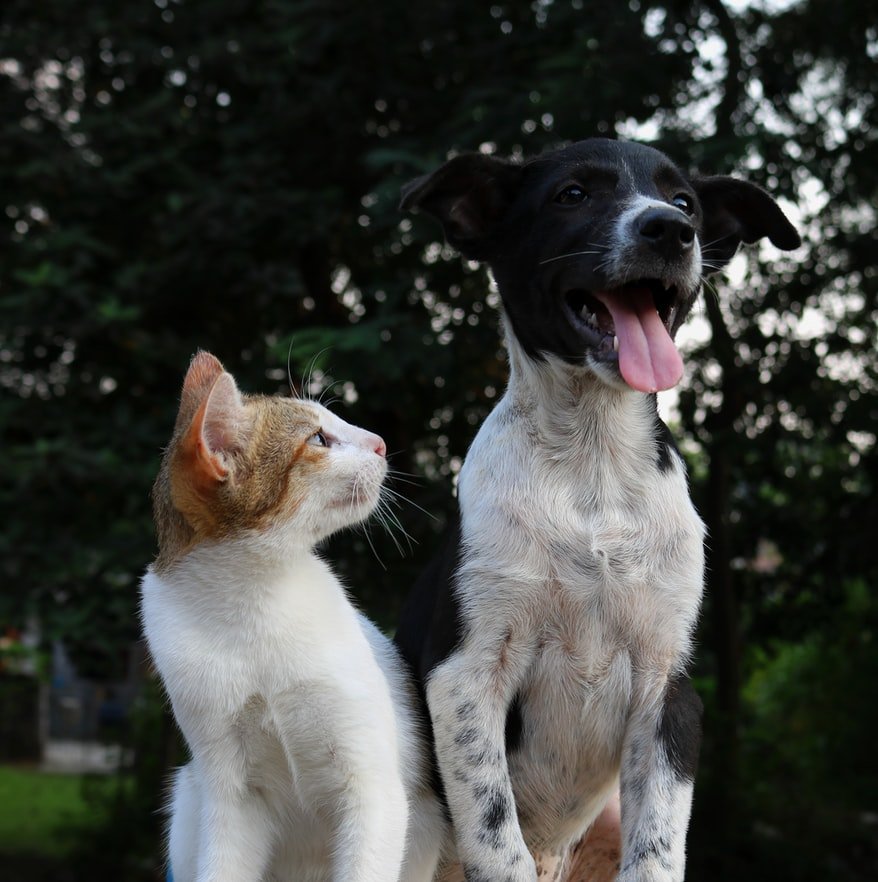 Getting them used to other animals and people
Getting them used to other animals and people
Something that puppy buyers love is when a puppy has had experience being around human strangers and other pets.
Once it’s safe to do so, introducing adult strangers (and children) and other pets to the new puppies is a valuable experience.
Always carefully observe the puppies in their new interactions to make sure you're happy with their behaviour.
Helping them get used to handling and grooming
Again, this helps prepare them best for their forever home. If they already know what to expect they’re much less likely to be fearful when presented with being groomed or handled by their new family.
It also adds a lot of value to puppy buyers by providing this additional area of socialisation. It means that a good puppy buyer might choose your puppy over another because they’re more likely to adjust better in their new homes.
How to give your puppies the best chance of selling?
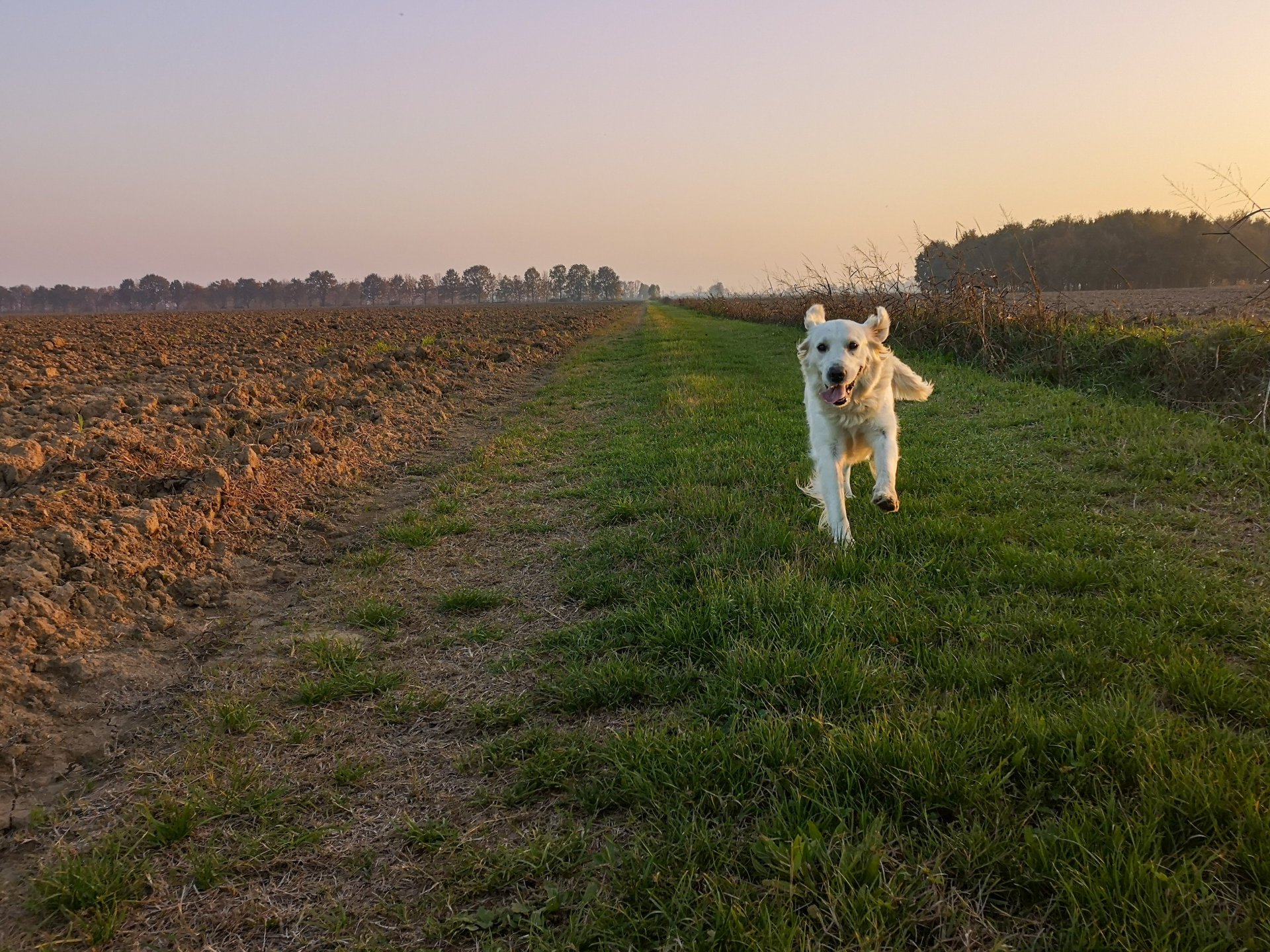 Choosing the right forever homes
Choosing the right forever homes
You’ve worked hard to make sure your puppies are well-adjusted, happy and healthy pooches. They’ve met every hurdle with ease and are looking forward to a life with their new human best friend.
But your job isn’t over yet. You need to make sure that the puppy buyers you speak with are right for your darling dogs.
Not all dog owners are created equal. It's your responsibility to make sure you are happy with a dog buyer before they take the puppy home.